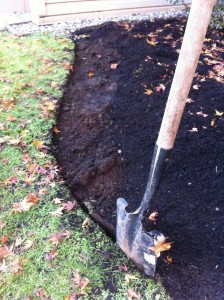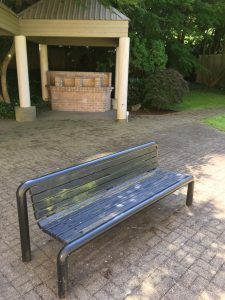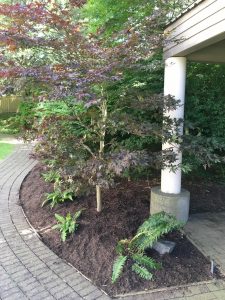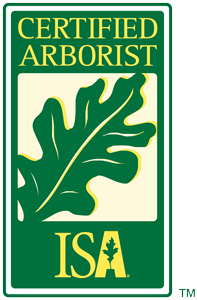Someone online asked an interesting question: what was your lowest point as a landscaper? Aha. So I gave it some thought and my answer took me to the beginning. I started landscaping in 2000 and I was an eager apprentice working at a prominent landscape maintenance company.
Deep edging
One important winter task we had to perform was establishing deep edges. It was a lot of labour sticking an edging shovel into bed edges at exactly ninety degrees for miles and miles. And since deep edging generated many soil chunks we had to make them disappear.
This was accomplished by shaking off any grass and disposing of it; the remaining soil was cultivated into the bed. Repeat.
As hard as it was, deep edging gave our beds nice definition and a sharp look. But there was more.
Lowest point
One day I was given a respirator and a plastic applicator full of the granular herbicide Casoron. It wasn’t very clearly explained to me at the time but Casoron is a pre-emergent granular herbicide. Applied in spring, it sterilizes the soil and prevents weeds from germinating.
Few weeds means fewer labour dollars spent on weeding. Casoron application is now illegal in British Columbia but it’s a hard habit to stop. Look around in spring, you will see landscapers quietly sneaking around their sites. But that’s a topic for another blog post.
When it rains after Casoron application, the herbicide can run off and “burn” the grass by leaving it yellow. Beautiful deep edges prevent this from happening. Aha. Vas finally connected the dots.
Was this the wrong company for me? And industry? It was definitely my lowest point as a landscaper.
I had just spent weeks deep edging beds just so we could sterilize the beds with a granular herbicide. Herbicide so bad for your olfactory system it could rob you of your sense of smell.








